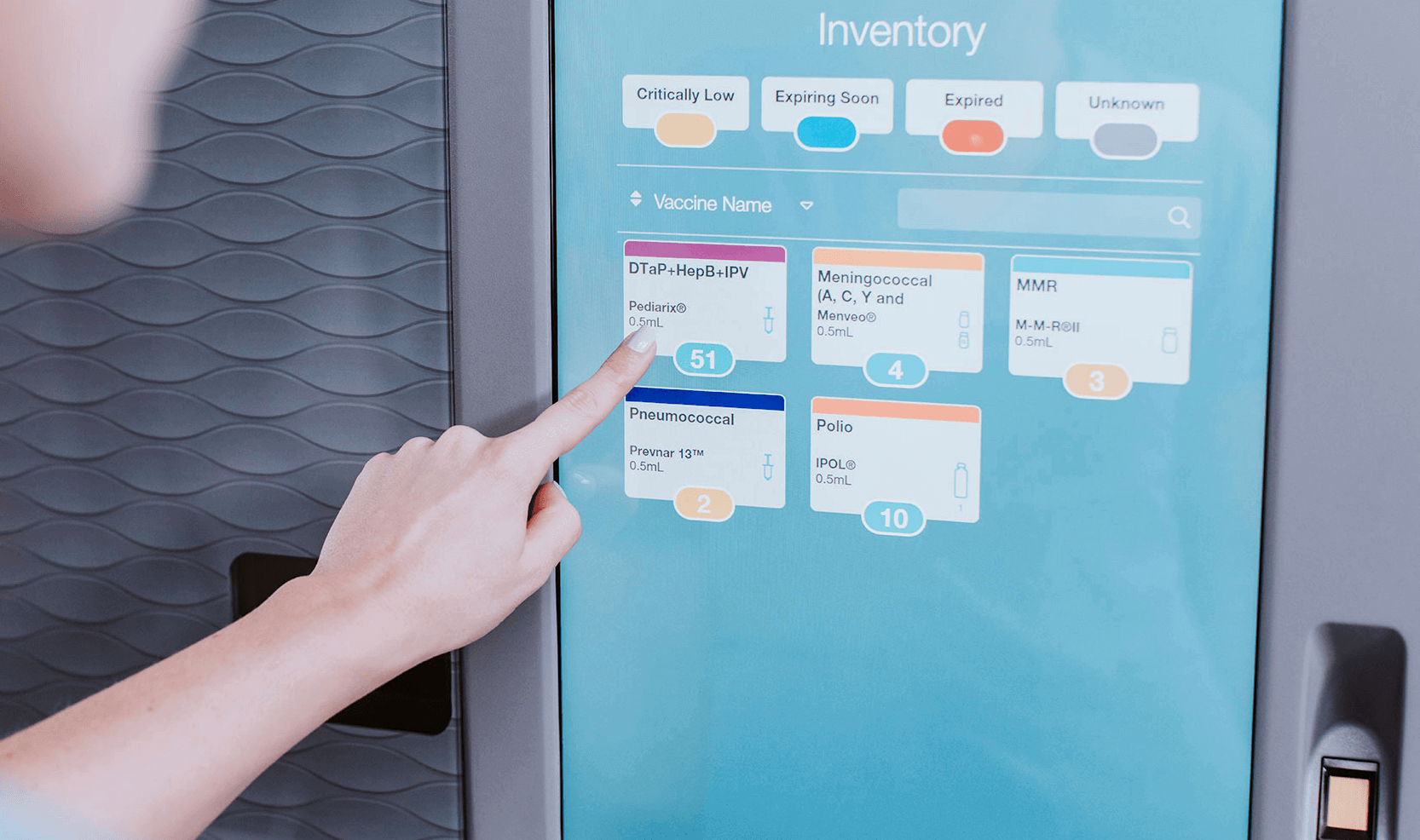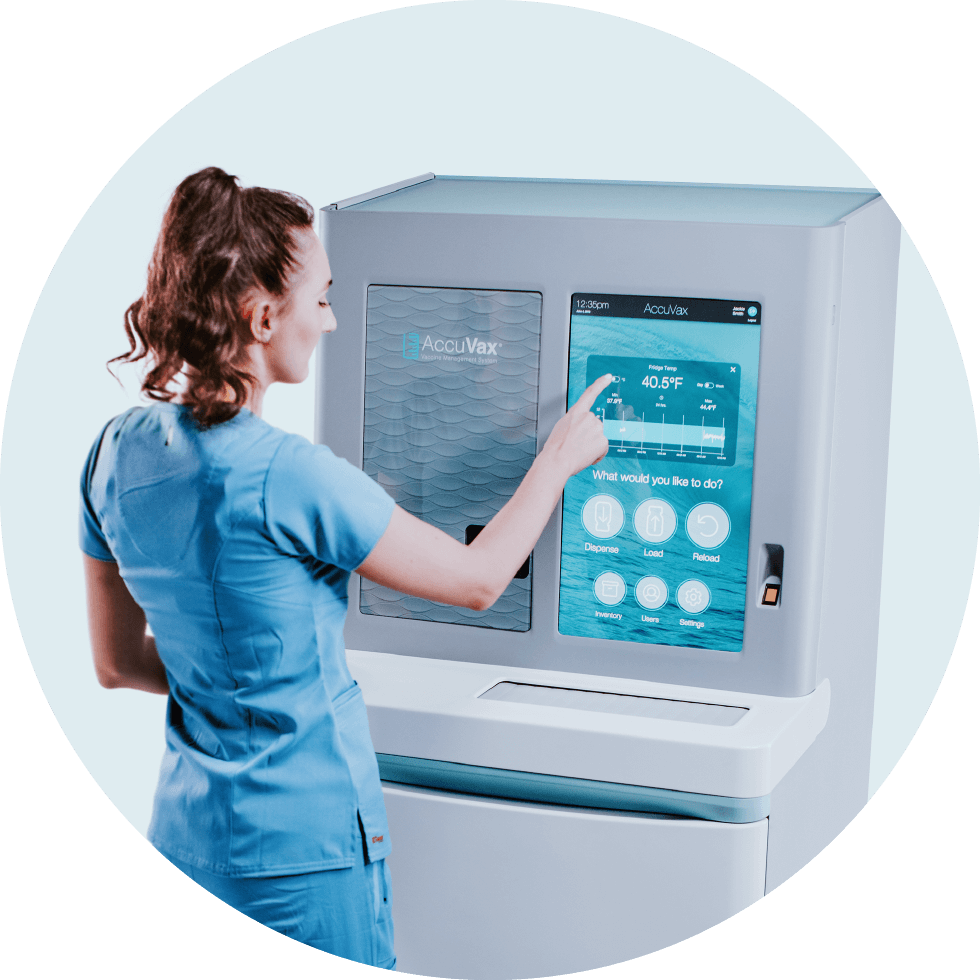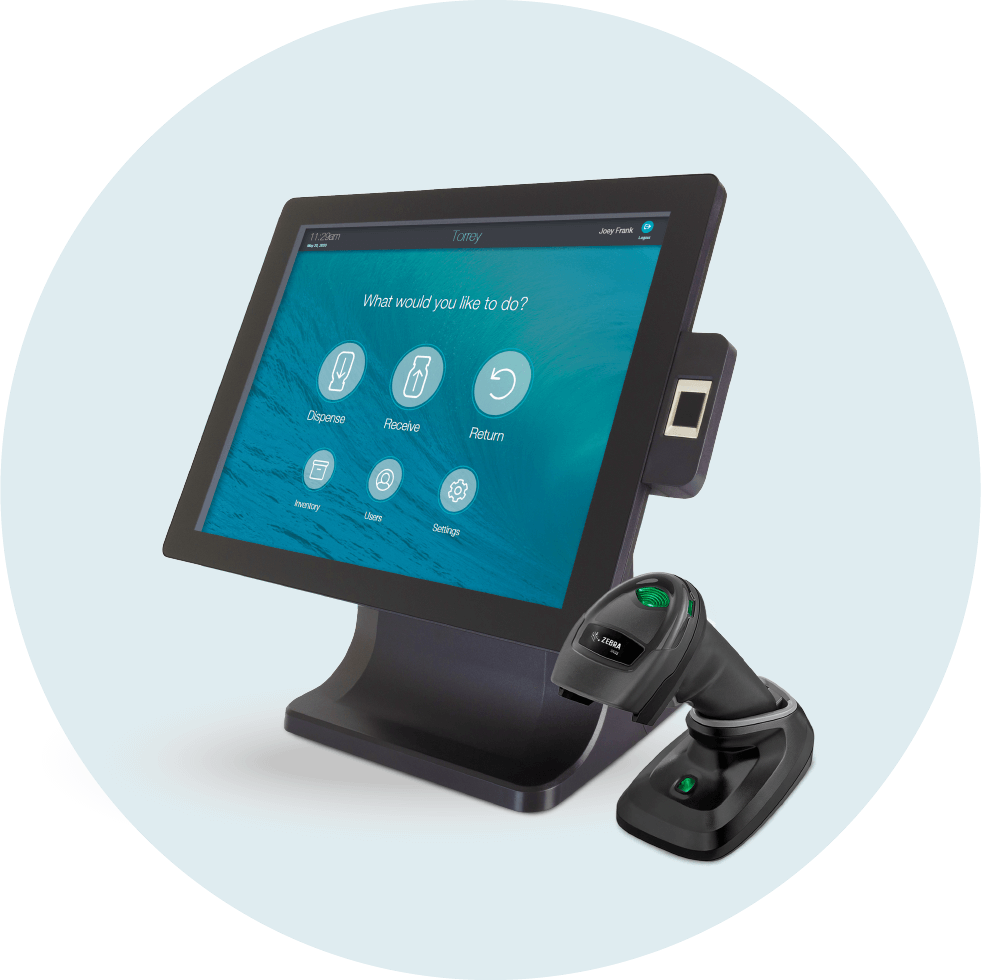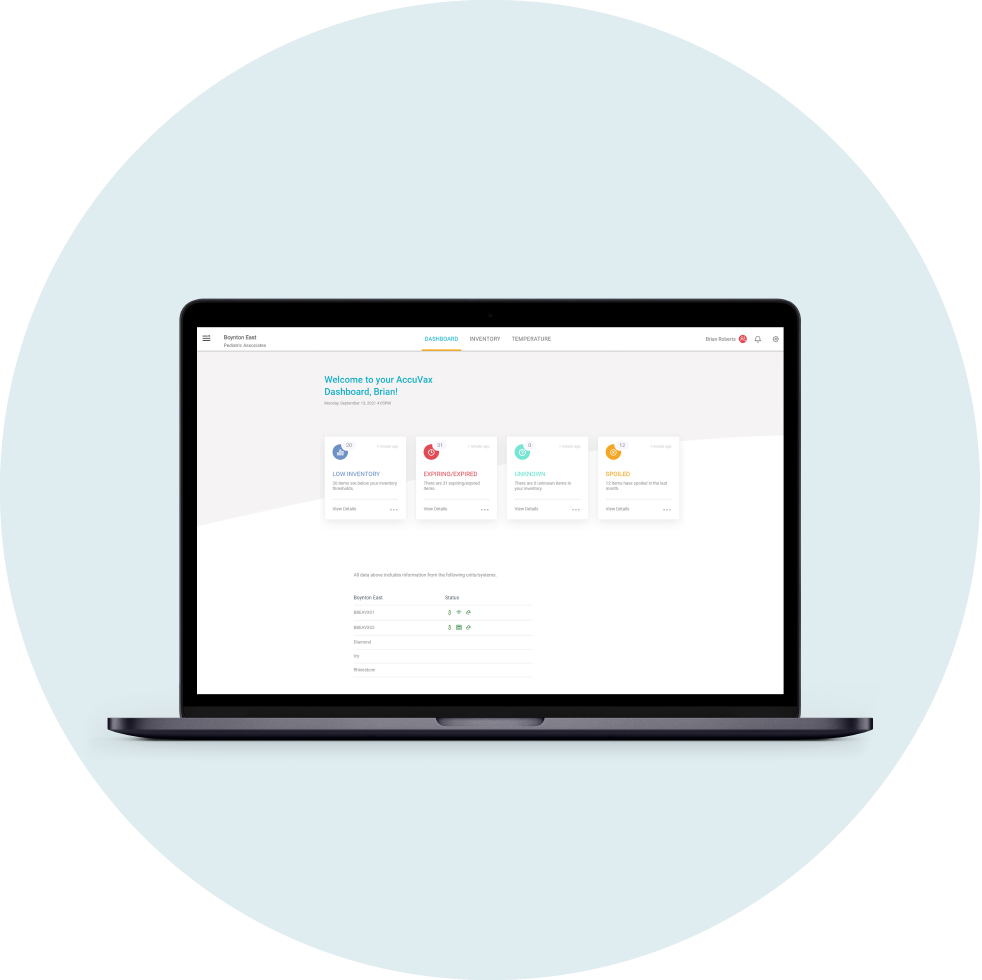It’s no secret that inefficiency, waste, and duplicative work cost organizations billions of dollars every year – and that’s especially true in healthcare. There are few resources more precious in this industry than healthcare professionals’ time, and nurses, in particular, play an integral role in how efficiently and consistently facilities can deliver quality care.
The Real-World Impact of Inefficient Nursing Workflows
Understanding how to streamline nursing workflows is crucial for reducing healthcare costs, optimizing the patient experience, and improving individual and population-level health outcomes. Inefficient practices and poor management practices can determine how many patients can be seen and how much time patients and healthcare providers have to interact and thoroughly discuss health concerns.
According to the Institute of Medicine, 17% of financial waste in the US healthcare system can be directly attributed to inefficient healthcare delivery. On top of that, these inefficiencies also likely contribute to several of the other major causes of financial waste in US healthcare – including excess administration costs (24.8%) and prevention failures (7.8%).
But how can healthcare facilities combat these issues?
Many procedures carried out by nurses require specific steps to be followed in order to comply with medical safety guidelines, billing and medical coding requirements, and data privacy regulations. Administrators, supervisors, and nursing staff need to collaboratively approach this issue to design nursing workflows that save time and reduce duplicative effort while maintaining safety and compliance.
3 Ways to Start Streamlining Nursing Workflows in Your Facility
Let’s explore three ways that healthcare facilities can help their nursing teams cut down on wasted time, energy, and effort when delivering patient care.
1) Promote delegation of non-nursing tasks and utilize support staff
Nurses are skilled, licensed professionals with a host of patient care and education capabilities. Making sure responsibilities are appropriately delegated is one of the best ways to ensure your nurses are effectively applying their skills when and where it benefits patients most. This is especially important given the shortage of nurses throughout the United States and other countries.
According to a study on the multitasking of nursing activities, “nurses spent approximately 10% of their time on delegable and non-nursing activities, which could be used more effectively for patient care.” Your facility should retain support staff that can reduce the amount of time nurses spend transitioning from one activity to another, which can reduce mental workload associated with multitasking and significantly improve their productivity.
Non-licensed professionals like nursing assistants or medical technicians can remain available to help with other essential tasks that take nurses away from their key responsibilities. By giving nurses support staff and allowing them to delegate where possible, nurses can spend their time on patient triage and education, medication administration, wound care, and physical assessments.
2) Keep communication open between teams and departments
Effective communication is critical for productivity in any industry. However in healthcare, good communication does more than just help procedures and processes occur smoothly – it also decreases potential risk to patient and staff safety while increasing productivity, quality of care, and revenue.
Consistent communication in the form of pre-shift huddles or department rounding by a supervisor can help ensure everyone understands the short-terms needs to be addressed first and the team’s long-term goals. And when nurses are able to rely on support staff to delegate tasks, maintaining consistent communication ensures that that division of responsibilities is actually effective and coordinated.
Additionally, keeping open lines of communication between departments prevents unnecessary pauses or delays in necessary workflows, fills gaps in care, and helps facilities identify or anticipate safety issues. Transparency, planning ahead, and checking in to reassess often can reduce staff frustrations with poorly organized or illogical workflows that impact their daily responsibilities.
When staff members are equipped with clearly outlined expectations and responsibilities, they can communicate what would help them be more efficient instead of wasting time continuing inefficient processes, wondering where they are needed, or redoing work that others have already completed.
3) Invest in technology solutions that simplify care delivery
Among the technology solutions commonly used in healthcare, the first type you might think of is an electronic medical record (EMR). Nurses regularly access and update patient records via their organization’s EMR, so it’s essential to have one that is accessible and user-friendly.
Beyond EMRs, nurses need to manage other workflow processes aside from documentation, which can have even greater impacts on their efficiency and the patient experience – especially when administering medications. For example, errors from grabbing the wrong vaccine, mixing up payer sources, or letting inventory expire can create hours of extra work and significant loss of revenue.
Vaccine storage and administration is a central part of primary care and outpatient clinics across the country and accounts for an enormous amount of time and care ensuring these expensive assets are appropriately stored and safely administered. Many of the issues have existed for decades, but having automated vaccine management solutions has become an imperative in the wake of significant COVID-19 vaccine waste in recent months.
Every vaccine has its own temperature range, expiration date, and payer source to consider. Depending on the size and target population of a clinic, the vaccinations administered – and therefore the number of opportunities for a mixup – could number in the hundreds per week for a single nurse.
Not only can frequent issues with vaccine administration result in costly medical waste, but such errors could also dissuade impacted patients from returning for care in the future.
Eliminate Workflow Inefficiencies with AccuVax

TruMed’s AccuVax Vaccine Management System provides the ultimate solution for simplifying the complexities of vaccine management. All within the same machine, this innovative system:
- Separates Vaccines for Children (VFC) program and private insurance vaccines.
- Stores both refrigerated and frozen vaccines.
- Sorts and prioritizes vaccines by expiration.
AccuVax handles temperature monitoring and adjustments to reduce vaccine waste, as well as real-time inventory and low stock alerts. This vaccine management system also provides detailed information to streamline vaccine audits, eliminating the need for manual audits and saving your nursing staff hours every month.
By automating these repetitive but essential tasks with reliable technology, nurses have more time to do what they do best – spending time with patients, providing quality care and education, and ensuring care delivery runs smoothly for the whole department.
What could your nurses do with the extra time AccuVax would give them?





